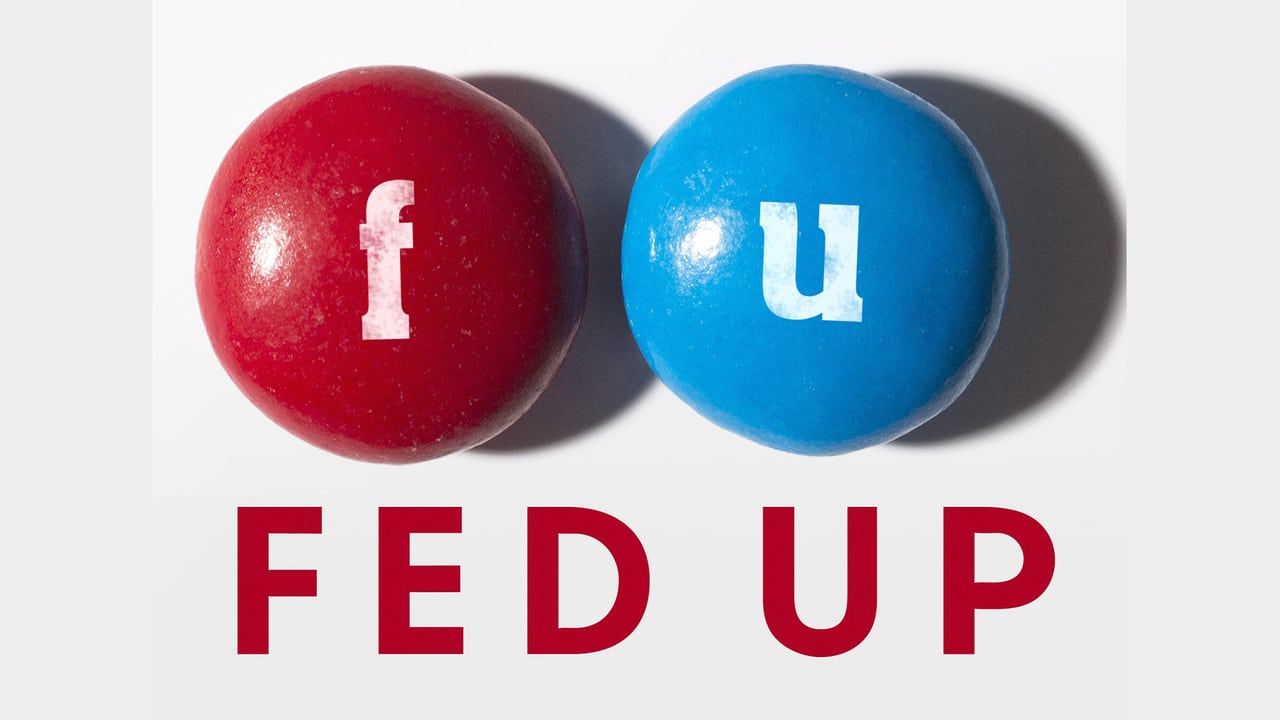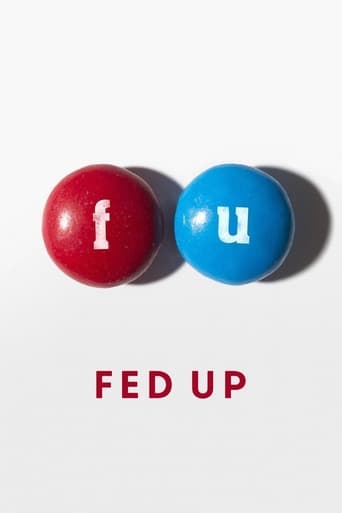

Too many fans seem to be blown away
... View MoreI am only giving this movie a 1 for the great cast, though I can't imagine what any of them were thinking. This movie was horrible
... View MoreIt’s sentimental, ridiculously long and only occasionally funny
... View MoreThere are moments in this movie where the great movie it could've been peek out... They're fleeting, here, but they're worth savoring, and they happen often enough to make it worth your while.
... View MoreAs I saw the doc :Fed up,I would like also to take on the alcohol abuse problem. Read my novel:Opgroeien in Dalten.(Growing up in Dalten)Editor :Boxpress(Netherlands)In the Netherlands one million people have problems with alcohol.Among them 400000 are alcohols.Fifteen percent of our youth has a problem with alcohol.
... View MoreIt is all in all a good documentary, but it misses the point and also starts out with something I and many nutritionists and physicians would consider dangerous.they fail to teach the view how to read labels and choose healthier foodsthey start out by saying that exercise more and eat less is nonsense when we all know that it actually kinda does work that way. Of course you cannot eat junk ALL DAY long and then work out for a bit and you stay in shape.BUT: They accompany a few children who are struggling to gain weight. In it a very populist approach which is said as they themselves try to fight the food propaganda by the big food companies.The children in this documentary eat nachos, cheeseburgers at school and they are being filmed while crying about their failure in losing weight!C'MON!!!!!!!!!!! Be fair, especially if you are the good guys.
... View MoreOver the past few years, I've seen countless documentaries about obesity in America, and "Fed Up" is one of the better ones. This film focuses on the causes of obesity in the US, presenting evidence showing that the large quantities of sugar in processed foods are an overlooked root of the problem, and points to the monied lobbying power of "Big Sugar" in blocking attempts to enact policies to address the issue. You'll hear politicians saying, okay, we need to get up and exercise (which is not a bad thing in and of itself), but you'll hear very few of them demonizing the food companies, which is what really needs to be done. And SUGAR..OMG..sugar seems to be the number one culprit. It is a drug more addictive than cocaine! And, of course, the "pushers" (meaning, the food companies) are starting them on it young...at birth! The film also includes some touching video self-portraits by some young people who belong to the almost 17 percent of children and adolescents, 2 to 19, who are considered obese. Katie Couric (co-producer) narrates.
... View MorePlotThe villain of this picture is sugar and the story follows how three families come to term with it. Along the way there where several interviews that covered the subject quite well. There was some background on the history of the food/sugar industry itself that delved into the student lunch program and into the adverting that is directed to children. The narrative is that kids are targeted from infants to adults.Character DevelopmentThis film tried to throw you a curve-ball by first blaming obesity on overeating and lack of exercise.ActingNo Acting. This is a documentary.OverviewIt was impressive how the producers were able to get an interview with Bill Clinton. Throughout the course of the film parts of his interview were sandwiched into the storyline. A strong case was made against the sugar industry and the companies that use sugar in their products. It was really eye opening to take in the whole discussion. The makers did an effective job illustrating the amounts of sugar that are in each product they showcased and they made it seem that sugar was in most products. Ultimately they painted a grim picture with not one of the families featured having a happy ending, juxtaposing the cigarette industry with the food industry.
... View More